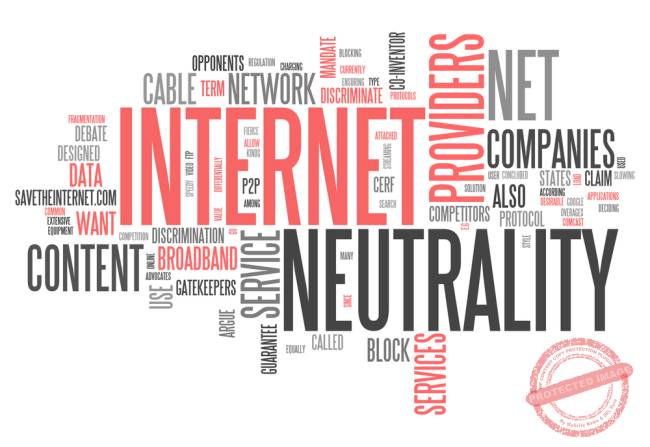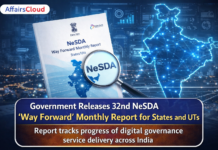The Department of Telecommunications has released A K Bhargava committee report on Net Neutrality to.
Its recommendations broadly contain technical, regulatory and public policy related measures required with respect to Net Neutrality issue.
The Committee has recommended sticking to core principles of Net Neutrality. User rights on the Internet need to be ensured so that Telecom Service Providers/ Internet Service Providers (TSPs/ISPs) do not restrict the ability of the user to send, receive, display, use, post any legal content, application or service on the Internet, or restrict any kind of lawful Internet activity or use.
The recommendations of committee are:
- The primary goals of public policy in the context of Net Neutrality should be directed towards achievement of developmental aims of the country by facilitating “Affordable Broadband”, “Quality Broadband” and “Universal Broadband” for its citizen.
- Over-The-Top (OTT) application services should be actively encouraged and any impediments in expansion and growth of OTT application services should be removed.
- Specific OTT communication services dealing with messaging should not be interfered with through regulatory instruments. For OTT application services, there is no case for prescribing regulatory oversight similar to conventional communication services.
- In case of Voice Over Internet Protocol (VoIP) OTT communication services, there exists a regulatory arbitrage, wherein such services also bypass the existing licensing and regulatory regime creating a non-level playing field between TSPs and OTT providers both competing for the same service provision.
- Under existing telecom licensing conditions, Internet Telephony is permitted under restricted conditions. The key public policy requiring action is to manage the transition from voice-centric to data-centric networks with the concomitant change in technology
- In case of OTT VoIP international calling services, a liberal approach may be adopted. However, in case of domestic calls (local and national), communication services by TSPs and OTT communication services may be treated similarly from a regulatory angle for the present.
- Legitimate traffic management practices may be allowed but should be “tested” against the core principles of net neutrality.
- Tariff plans offered by TSPs/ISPs must conform to the principles of Net Neutrality set forth in guidelines issued by the Government as Licensor. TRAI may examine the tariff filings made by TSPs/ISPs to determine whether the tariff plan conforms to the principles of Net Neutrality.
- A clause, requiring licensee to adhere to the core principles of Net Neutrality, as specified by guidelines issued by the licensor from time to time, should be incorporated in the license conditions of TSP/ISPs. The guidelines can describe the principles and conditions of Net Neutrality in detail and provide applicable criteria to test any violation of the principles of Net Neutrality.
- National security is paramount, regardless of treatment of Net Neutrality. The measures to ensure compliance of security related requirements from OTT service providers, need to be worked out through inter-ministerial consultations.
AffairsCloud Recommends Oliveboard Mock Test
AffairsCloud Ebook - Support Us to Grow
Govt Jobs by Category
Bank Jobs Notification





